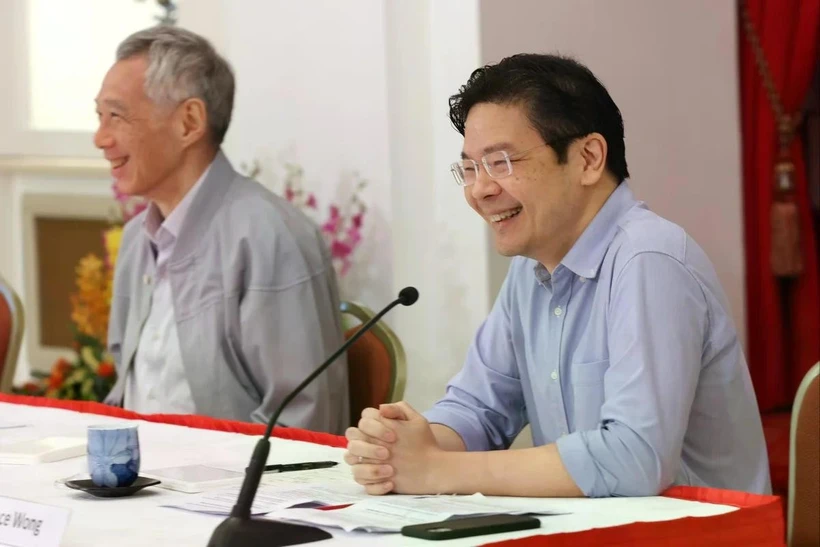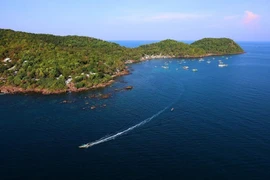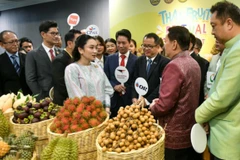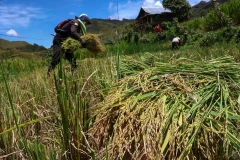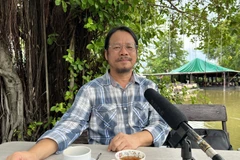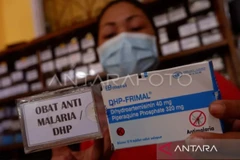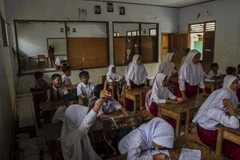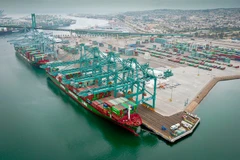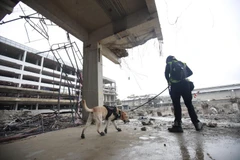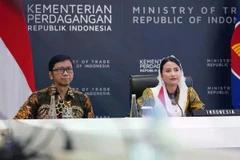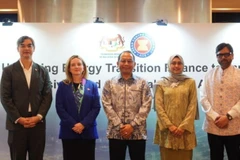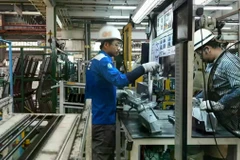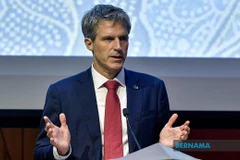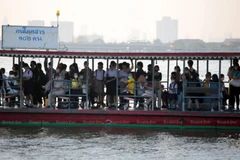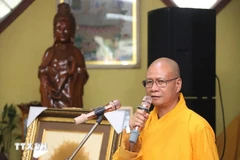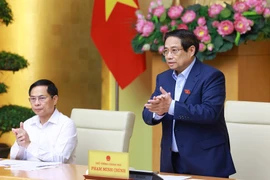Singapore (VNA) - Singapore officially commenced its election campaign on April 23 following the announcement of official candidates from various parties.
This marks the 14th general election since Singapore gained independence.
In this election, the ruling People's Action Party (PAP) is contesting all 97 seats across 33 constituencies, comprising 18 Group Representation Constituencies (GRCs) and 15 Single Member Constituencies (SMCs).
Candidates from major opposition parties such as the Workers' Party (WP), Progress Singapore Party (PSP), and Singapore Democratic Party (SDP) also received enthusiastic support.
In his first election as Prime Minister, Lawrence Wong's four-member constituency in the Marsiling-Yew Tee GRC attracted significant public attention.
According to regulations, the campaign period will last until just before polling day on May 3. Political parties with six or more candidates are allowed to participate in two Political Party Broadcasts (PPBs) for the general election, which will be aired for free on April 25 and May 1 across six television channels and 13 radio stations.
Meanwhile, candidates are also allowed to campaign directly or online, hold rallies, and publicly display election posters, in accordance with regulations. However, the law strictly prohibits the publication of election surveys and voter opinion polls from now until after polling day./.
